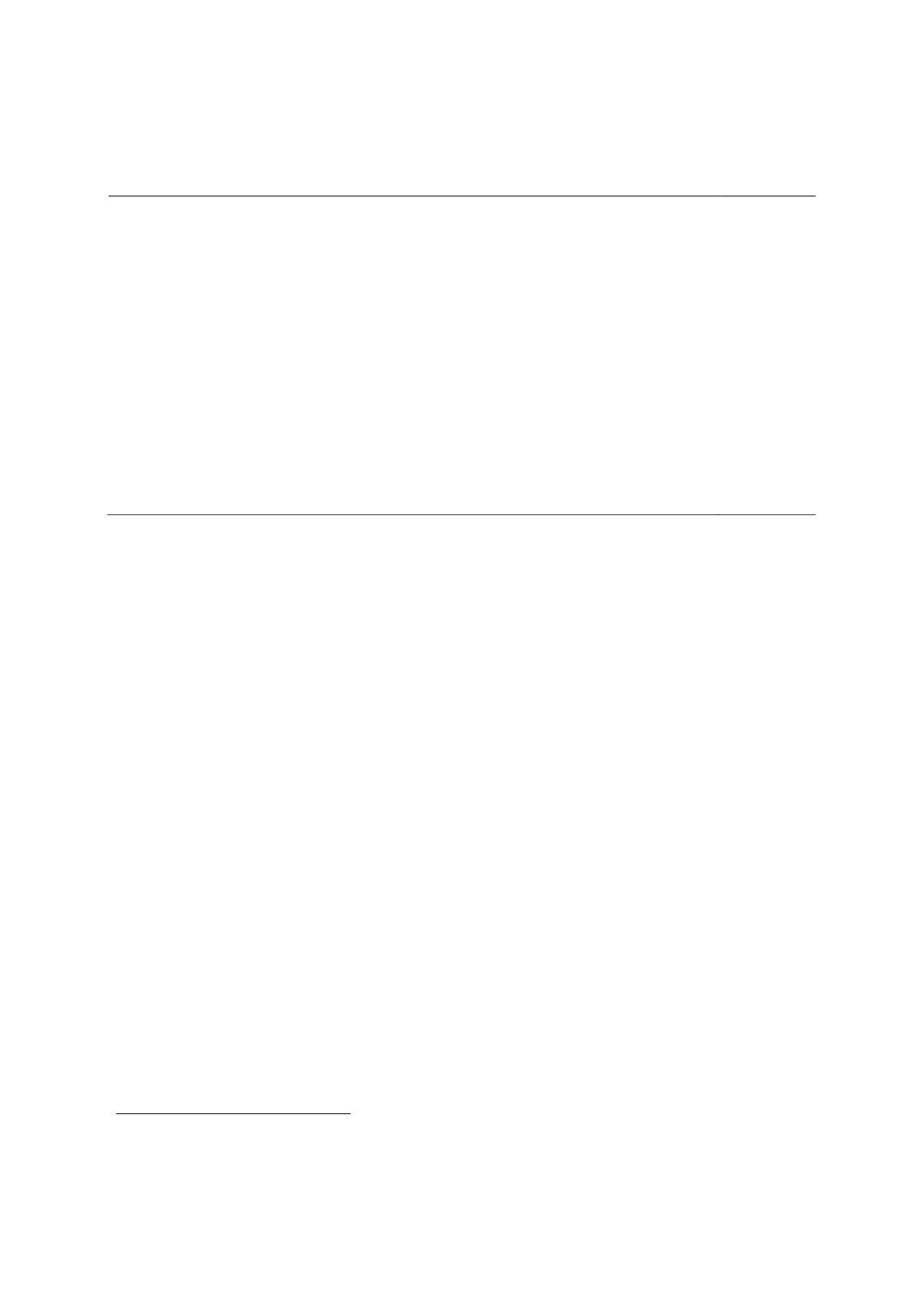

73
Table 3.1.1: Selected Indicators of Access, Input Quality, Literacy and Expenditure
Source:
Author’s compilation based on WDI. All data is for the year 2014 except expenditure (2011) and
literacy (2012).
Jordan first participated in an international assessment of student performance as part of the
first round of IEAP in 1991. Its performance was poor - Jordan was ranked 18 among 19
countries. Jordan also ranked near the bottom in the second round of IAEP among the 20
participating countries. Almost three out of every four students in mathematics and 67 percent
of students in science scored below the international average (Abdul-Hamid, Abu-Lebdeh and
Patrinos 2011). The government responded to these results by implementing specific reforms
14
so that significant improvements were recorded in TIMSS in 2003, particularly in science.
However, in case of mathematics, no significant gain was noted between 1999 and 2007. Private
school students underperformed throughout in TIMSS in math and science during 1999-2007
(Abdul-Hamid, Abu-Lebdeh and Patrinos 2011).
In this section, Jordan’s performance in EGRA, TIMSS and PISA is reviewed using more recent
data.
Figure 3.1.1
presents data on zero scores among grade 2 students (i.e. the proportion
unable to read a single word of a grade-level paragraph) in EGRA assessment for Jordan and a
sample of other participating countries.
14
These include curriculum revisions, development of new textbooks and review of teacher qualifications and
evaluation and so on.
School enrollment, preprimary (% gross)
32.80
School enrollment, primary (% gross)
97.34
School enrollment, secondary (% gross)
82.45
Pupil-teacher ratio, preprimary
17.73
Pupil-teacher ratio, primary
16.91
Pupil-teacher ratio, secondary
14.60
Trained teachers in preprimary education (% of total teachers)
100
Trained teachers in primary education (% of total teachers)
100
Trained teachers in secondary education (% of total teachers)
100
Literacy rate, adult total (% of people ages 15 and above)
97.89
Literacy rate, youth total (% of people ages 15-24)
99.11
Government expenditure per student, primary (% of GDP per capita)
13.39
Government expenditure per student, secondary (% of GDP per capita)
16.47
















